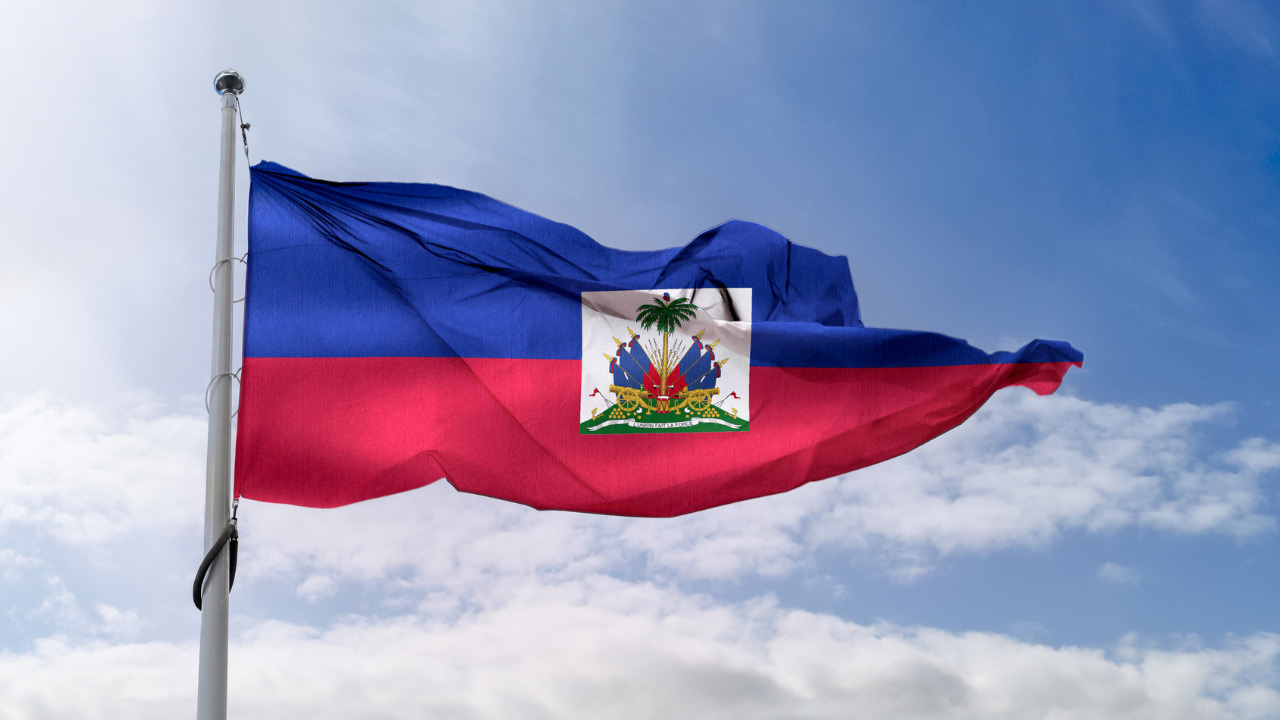Date first published: 08/08/2023
Key sectors: all
Key risks: gang-related violence; organised crime; violent crime
Risk development
On 27 July the Kenyan Foreign Minister Alfred Mutua stated that Nairobi was ready to lead a multinational force in Haiti to fight against violent armed gangs and rampant insecurity. Mutua stated that Nairobi’s commitment was “to deploy a contingent of 1,000 police officers to help train and assist Haitian police restore normalcy in the country”. The planned deployment remains subject to a UN Security Council mandate.
Why it matters
Nairobi’s statement of its readiness to lead a multinational force ended months of unheeded requests by Haitian Prime Minister Ariel Henry for international military assistance in the country since October 2022. Most other nations had remained reluctant to lead such a force or send troops partly due to past controversy over foreign interventions. The fact that Nairobi has put itself forward to lead the force has paved the way for other nations to potentially join the efforts. On 1 August the Bahamas pledged to send 150 police officers and on 3 August Jamaica agreed to deploy around 200 troops should the multinational force be authorised.
The deployment of a multinational security force led by Nairobi has some potential to improve Haiti’s security environment in the long term. Without such improvements, long-overdue general elections cannot be held. Elections will be essential to restore a degree of stability given that country’s parliament, the Supreme Court and electoral commission ceased functioning on 10 January after the country failed to hold legislative elections since October 2019 amid deepening political and security crises.
However, scepticism over the effectiveness of such a mission is rife in the country. Watch dog groups have raised alarms about the human rights track record of the Kenyan police, warning that officers may export their abuse – including alleged torture and killings – to Haiti. According to a Kenyan-based NGO, Kenyan police reportedly killed at least 130 people in 2022. More recently, Kenyan police were accused of killing at least 27 anti-government protesters between March and July. Should the Kenyan-led force adopt an excessively violent approach to tackling Haiti’s gangs, it could further exacerbate the already soaring levels of ongoing violence.
Background
Organised crime groups have increased their territorial control of the country since the July 2021 assassination of former president Jovenel Moise. Gangs currently control around 80 per cent of the capital Port-au-Prince. Gang-related violence – including killings, kidnappings and sexual violence – has led to the internal displacement of around 200,000 people in the country.
Past controversies have led to widespread distrust of international interventions in the country. A 2004-2017 UN peacekeeping mission was plagued with allegations of mass sexual abuse and neglect. In 2010 sewage runoff from a UN peacekeeper camp into the country’s main river started a cholera epidemic that killed nearly 10,000 people.
Risk outlook
The authorisation of a multinational force in Haiti appears likely. Nonetheless, the overall security environment is unlikely to improve – at least in the medium term – without significant support from states such as the US and Canada, and the risk of violence will remain high. Despite widespread calls for assistance in the country, the risk of civil unrest – due to opposition to such a force – will also remain heightened should the force be authorised given past controversies over international interventions.



